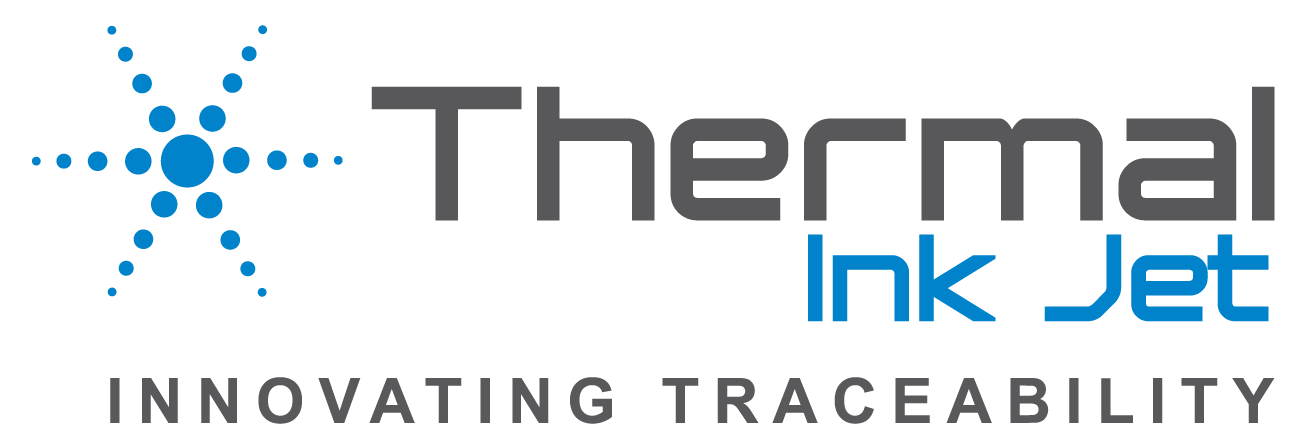Introduction
The fourth industrial revolution, known as Industry 4.0, is transforming the manufacturing landscape by integrating Smart technologies like IoT, AI, and Data analytics into production lines. At the core of this transformation is traceability, which ensures that every product can be monitored throughout its lifecycle, enabling real-time decision-making, improving efficiency, and enhancing overall quality control.
The Role of Traceability in Smart Manufacturing
1. Real-Time Data and Decision-Making
In Smart Factories, traceability systems allow manufacturers to collect and analyze data from every stage of the production process. By integrating IoT sensors and RFID tags on machines and products, manufacturers gain real-time insights into Production Rates, Inventory levels, and Machine Performance. This enables businesses to make faster, more informed decisions, improving operational efficiency and minimizing downtime.
2. Enhanced Quality Control and Compliance
In Smart Manufacturing, traceability helps ensure that products meet quality standards at every stage. If a defect is detected, manufacturers can quickly trace the issue back to its source, whether it’s a material supplier or a specific production phase. This speeds up root cause analysis, prevents defective products from reaching consumers, and ensures compliance with Global regulations such as the ISO standards.
Driving Automation with Traceability
1. Automated Inventory and Supply Chain Management
With the integration of Traceability Systems into Industry 4.0, manufacturers can automate the management of their supply chains. RFID tags and Barcode Scanning allow for real-time tracking of materials, ensuring that inventory levels are optimized, and that raw materials are always available when needed. Automated systems can trigger reorders and adjust production schedules without human intervention, reducing the risk of stockouts or overproduction.
2. Predictive Maintenance for Increased Efficiency
By combining traceability with Predictive Maintenance technologies, manufacturers can monitor the health of machinery and production equipment in real time. Data collected from sensors can predict when a machine is likely to fail, allowing for Preventive Action before a breakdown occurs. This reduces downtime, lowers maintenance costs, and ensures smooth, continuous production.
The Benefits of Traceability in Digital Transformation
1. Improved Sustainability
Traceability is critical for Sustainable Manufacturing. By monitoring resource usage, waste, and emissions throughout the production process, manufacturers can optimize operations for greater sustainability. Additionally, the ability to track the full lifecycle of materials helps reduce waste by encouraging the Reuse and Recycling of components.
2. Greater Transparency and Consumer Trust
Consumers are increasingly demanding transparency in the products they purchase. By implementing traceability solutions, manufacturers can provide detailed information about the origin, production process, and sustainability of their products. Smart labels and QR codes can offer consumers direct access to this information, helping brands build trust and loyalty.
Conclusion
Industry 4.0 is revolutionizing the manufacturing industry by integrating Smart Technologies with Traceability Systems. From improving Operational Efficiency and Quality Control to enhancing Sustainability and Consumer Trust, traceability plays a critical role in enabling manufacturers to fully realize the benefits of digital transformation. As more businesses embrace Smart Manufacturing, the importance of traceability will only continue to grow, driving the future of production.





